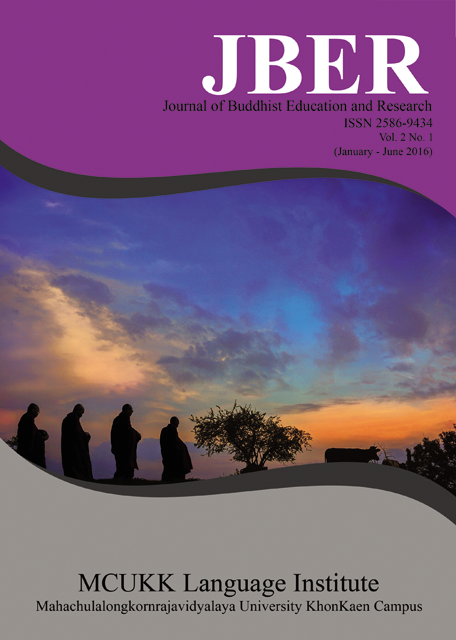The Determinants Of Human Development Index In Several Buddhist Countries
Keywords:
human development index, gross domestic product per capita, inflation,Abstract
Human development is a key to the success of social and economic development of a country. Human development is not only to boost incomes, but also to enhance human choices such human rights, freedoms, capabilities and opportunities and to enable people to lead long, healthy and creative lives. The United Nations developed the concept of human development index (HDI) to assess human well-being of the broader perspective, going beyond income. Eight countries in the research samples showed variations in human development in 2014. Japan joined the group of countries that have a very high human development; Sri Lanka and Thailand have a high human development; Vietnam, Bhutan, Lao People's Democratic Republic and Cambodia have medium human development; and Myanmar has low human development. This study aims to examine four determinants of human development index in the eight countries where the majority of these countries are Buddhists, such as the gross domestic product per capita, inflation, life expectancy at birth and fertility rate. The study period was from 2010 to 2014. The writer used panel regression of a random effect model. The result of the study showed that the four explanatory variables were proven to significantly affect the human development index in countries whose majority are Buddhists. The variables of life expectancy at birth and gross domestic per capita had positive signs, while the variables of inflation and the fertility rate had negative signs. The study implied that the it is important to take into account all explanatory variables in improving human development index in these countries.





